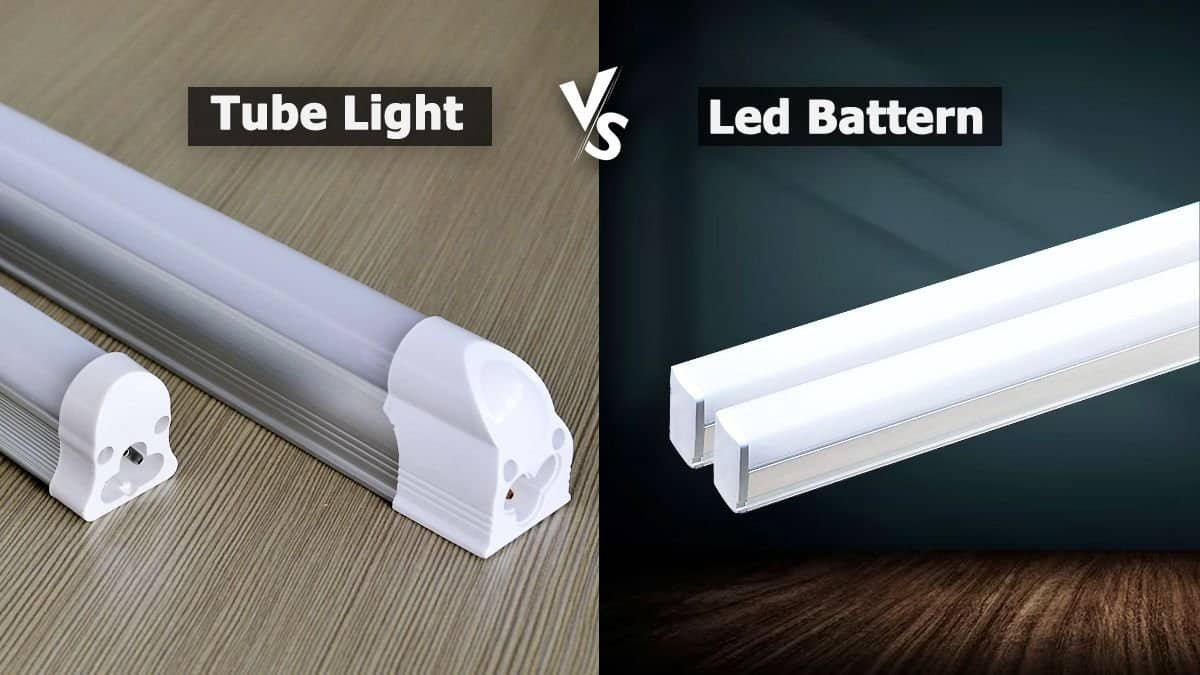Air conditioning has become an essential part of modern living. With the increasing temperatures during summer, it’s important to have a reliable and efficient air conditioning system at home. However, with so many types of ACs available in the market, choosing the right one for your home can be overwhelming. This blog will discuss the differences between Window AC vs Split AC and how to choose the right one for your home.
Table of Contents
Difference Between Window AC Vs Split AC

Window AC and Split AC are the two most popular types of air conditioning systems. A Split AC consists of two units: an indoor and an outdoor unit. The indoor unit is installed inside the room, while the outdoor unit is installed outside the house. On the other hand, a Window AC is a single unit installed in a window or a hole in the wall.
The major differences between these two types of ACs are their installation process, cost, and features. A Split AC requires professional installation, which can be costly, while a Window AC is relatively easy to install and more affordable.
| Factors | Window AC | Split AC |
| Unit & Installation Cost | Comparatively Cheaper | Expensive |
| Space Requirements | Requires less space | Requires more space |
| Energy Consumption and Efficiency | Higher | Lower |
| Noise | Can produce bit noise | Doesn’t produce much noise |
| Cooling Capacity | Lower | Higher |
| Maintenance and Serviceability | Easy to maintain, doesn’t require professional help | Hard to maintain, requires professional help |
| Design Difference | Boxy Design, might not be compatible with modern apartments | Sleek Design |
Factors to Consider When Choosing Between Window AC Vs Split AC

Several important factors exist when considering which air conditioning system to install in your home. Here are the key factors to take into account when choosing between Split AC and Window AC:
- Cost of the AC and Installation: The cost of the air conditioning unit and installation is a major factor to consider when choosing between Split AC and Window AC. Split ACs are generally more expensive than Window ACs due to their installation requirements. Split ACs require professional installation, which can be complex and time-consuming. The installation process for Window ACs is relatively simple, and you can often install them yourself.
- Space Requirement: Available Space in the Room for the AC Installation, The available space in the room for the AC installation, is an important factor to consider. Split ACs require more space than Window ACs, as they have two units – an indoor unit and an outdoor unit. If you choose a Split AC, you must ensure enough space to accommodate both units. Window ACs are single units and require less space for installation.
- Energy Consumption and Efficiency: Efficiency Rating and Power Consumption, The energy consumption and efficiency of the air conditioning unit is another important factor to consider. Split ACs are designed to cool large spaces and have a higher SEER (Seasonal Energy Efficiency Ratio) rating than Window ACs. Split ACs are generally more energy-efficient than Window ACs, saving you money on electricity bills in the long run.
- Noise: Noise Level Generated by the AC The noise level generated by the air conditioning unit is another important factor to consider. A Split AC may be a better option if you are sensitive to noise. Split ACs are generally quieter than Window ACs, as the compressor unit is outside the house.
- Cooling Capacity: Capacity of the AC to Cool the Room The cooling capacity of the air conditioning unit is another important factor to consider. Split ACs are designed to cool large spaces and are more suitable for larger rooms or open spaces. Window ACs are designed to cool smaller spaces and may struggle to cool larger rooms effectively.
- Maintenance and Serviceability: Ease of Maintenance and Availability of Service Centers The ease of maintenance and availability of service centres is an important factor to consider when choosing between Split AC and Window AC. Split ACs are generally more complex and require professional maintenance. It’s important to ensure access to a reliable service centre if you choose a Split AC. Window ACs are relatively simple to maintain and can often be serviced by the manufacturer or a local technician
- The Difference in the Design: Split ACs are typically considered to be more aesthetically pleasing than window ACs. It is because the indoor unit of a split AC is sleek and modern-looking, while the outdoor unit is usually hidden from view. In contrast, window ACs are boxy and intrusive, especially if you have a small window. If you value your home’s clean and modern look, then a split AC might be the better choice.
Advantages of Split ACs:
- Quiet Operation: Split ACs are generally softer than window ACs. The indoor unit produces minimal noise, while the outdoor unit is outside the room, reducing noise levels.
- Energy Efficiency: Split ACs are typically more energy-efficient than window ACs. This is because the indoor and outdoor units are connected by a refrigerant line, which reduces energy loss and improves efficiency.
- Flexible Installation: Split ACs can be installed in various locations, including on the ceiling or a wall. This flexibility makes them a popular choice for both residential and commercial applications.
Disadvantages of Split ACs:
- High Installation Cost: The installation of split ACs can be quite costly, especially if you need to install multiple indoor units.
- Maintenance: Split ACs require regular maintenance, including cleaning the indoor and outdoor units and replacing the air filters.
- Complex Installation: Split ACs require professional installation, which can be time-consuming and difficult.
Advantages of Window ACs:
- Low Installation Cost: Window ACs are typically less expensive than split ACs, making them a popular choice for budget-conscious consumers.
- Easy to Install: Window ACs are easy to install and can be done without professional help, as they need to be mounted in a window or through a wall.
- Cooling Capacity: Window ACs typically have a higher cooling capacity than split ACs, making them suitable for larger rooms or open-plan spaces.
Disadvantages of Window ACs:
- Noise: Window ACs can be quite noisy, which can be a nuisance, especially if you plan on using them in a bedroom or study.
- Limited Placement Options: Window ACs can only be installed in a window or through a wall, limiting your options for placement.
- Aesthetics: Window ACs are generally considered less aesthetically pleasing than split ACs, and can be intrusive and unsightly in some cases.
The Bottomline

We hope this post has helped you understand the differences between split AC and window AC and the factors to consider when choosing the right AC for your home. In conclusion, choosing between a split AC and a window AC depends on several factors: price, space requirement, energy consumption, noise level, cooling capacity, and maintenance and serviceability. It is important to consider all these factors to choose the right AC for your home.If you have any questions or suggestions, please leave them in the comments section below.
Also Read
- Best Place to Install Air Conditioner in Bedroom
- How Do Window AC Vs Split AC Differ In Power Consumption?
- Is Stabilizer required for Inverter AC?
FAQs
Which is better, a Windows AC or a Split AC?
It depends on several factors: price, space requirement, energy consumption, noise level, cooling capacity, maintenance, and serviceability. Both split and window AC have their advantages and disadvantages. It is crucial to consider these factors before making a decision.
Which is more energy efficient, a window AC or a split AC?
In general, split ACs are more energy efficient than window ACs. This is because split ACs use inverter technology that adjusts the compressor speed to maintain a consistent temperature, while window ACs run at a fixed speed.
Which is easier to install, a window AC or a split AC?
Window ACs are generally easier to install than split ACs. A window AC can be installed in a window or through a hole in a wall without the need for any additional ductwork or construction. Split ACs, on the other hand, require installation of both the indoor and outdoor units, as well as connecting refrigerant lines and electrical wiring.
How do I choose the right AC for my home?
To choose the right AC for your home, consider price, space requirement, energy consumption, noise level, cooling capacity, and maintenance and serviceability. Refer to the blog post above for detailed information on these factors.





